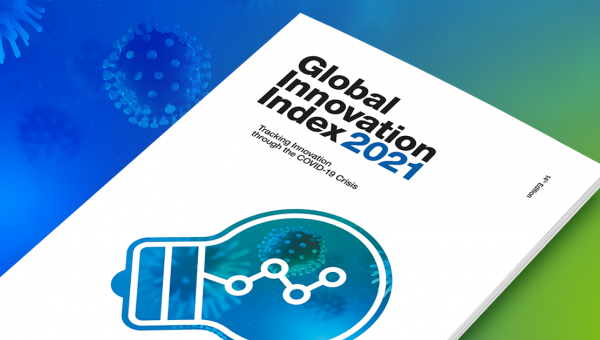Swiss impact in the global AI renaissance

In the rapidly evolving landscape of global artificial intelligence innovation, Switzerland stands out as a beacon of technological excellence and ethical leadership.
AI and other emerging technologies have positioned Switzerland at the forefront of the global digital economy, generating new opportunities and fostering resilience. Switzerland has cultivated a rich landscape of AI innovation, spanning from world-class universities like ETH Zurich and EPFL to its dynamic startup ecosystem. In finance, healthcare, manufacturing and education, AI is not just a tool but a transformative force, optimising operations, increasing precision and putting Switzerland at the forefront of the global digital economy.
The proximity to cutting-edge research has prompted a substantial number of global tech companies to conduct AI research from Switzerland, underscoring the importance of shaping the global AI discourse:
No wonder, then, that Switzerland has consistently held the top spot as the most innovative country according to the Global Innovation Index since 2011. The challenge now is to maintain this position in the dynamic global AI landscape.
A leading global hub with the Alps supercomputer
A new joint initiative between ETH Zurich and EPFL aims to position Switzerland as a leading global hub for the development and implementation of transparent and reliable AI. To this end, Switzerland will launch the Alps supercomputer in spring 2024 at the Swiss National Supercomputing Centre (CSCS) of ETH Zurich in Lugano. With more than 10,000 GPUs, Alps will be one of the world's most powerful computers for AI applications. This will not only provide Swiss scientists with unprecedented computing power, but also a significant competitive advantage on the global stage. The new computing power will be used to develop new, industry-specific AI base models for use in different areas such as robotics, medicine, climate sciences or diagnostics. In addition, the initiative will also explore fundamental questions in the development and use of large language models (LLM).
The joint Swiss AI initiative aims to transfer Switzerland's AI expertise to society at large, ensuring independent research and safeguarding the country's digital sovereignty. With an emphasis on transparency and open source, the Swiss AI Initiative will use ten million GPU hours on the Alps computer within 12 months.
Regulatory measures only a question of time
As AI continues to reshape economies and societies worldwide, issues surrounding privacy, cybersecurity, and ethical use have become increasingly important. The European Union reached a provisional deal on the world's first comprehensive laws to regulate the use of artificial intelligence in November 2023, and other countries and organisations are soon to follow. Switzerland has announced its intention to implement a compatible AI regulatory regime in 2025, in line with EU legal frameworks.




